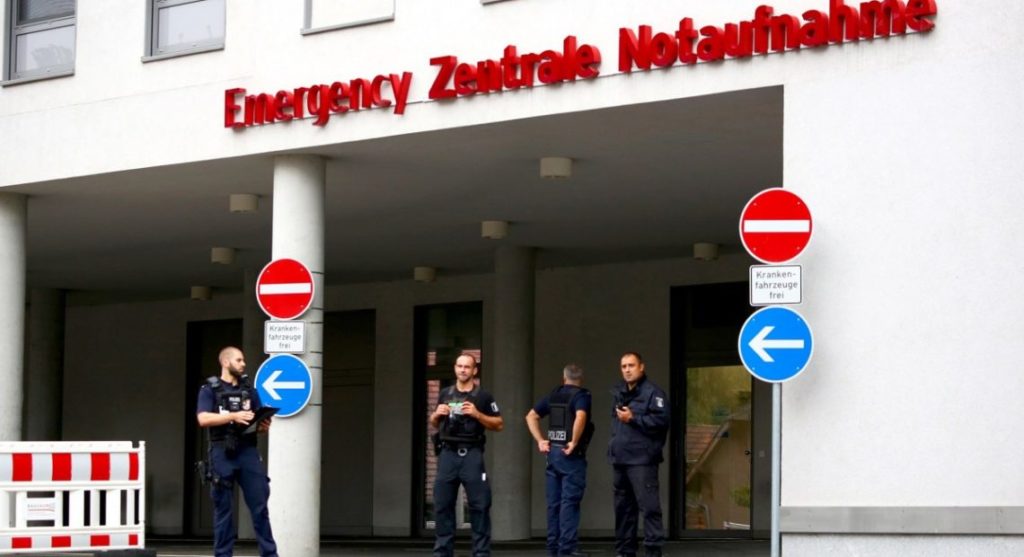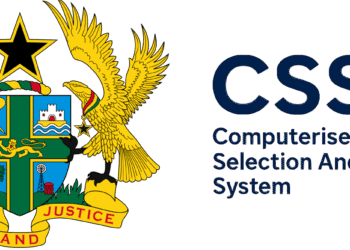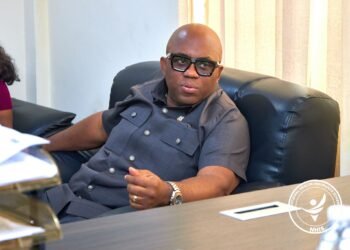Hospital tests have shown Putin critic and Russian opposition leader Alexei Navalny was “without doubt” poisoned with nerve agent, novichok, the German government has said.
Tests performed on samples taken from the Russian opposition leader from his hospital bed in Berlin showed the presence of the Soviet-era agent, German Chancellor Angela Merkel’s spokesman Steffen Seibert said.
Chancellor Angela Merkel said he was a victim of attempted murder and the world would look to Russia for answers.
Mr Navalny was flown to Berlin after falling ill on a flight in Siberia last month, and remains in a coma.
His team says he was poisoned on President Vladimir Putin’s orders. The Kremlin has dismissed the allegation.
The Kremlin spokesman called on Germany for a full exchange of information and foreign ministry spokeswoman Maria Zakharova complained the Novichok allegations were not backed up by evidence. “Where are the facts, where are the formulas, at least some kind of information?” she asked.
A Novichok nerve agent was used to poison former Russian spy Sergei Skripal and his daughter in the UK in 2018. While they survived, a British woman later died in hospital. The UK accused Russia’s military intelligence of carrying out that attack.
UK Prime Minister, Boris Johnson condemned the latest attack as “outrageous”.
“The Russian government must now explain what happened to Mr Navalny – we will work with international partners to ensure justice is done,” he tweeted.

After the government in Berlin released results of toxicology tests carried out at a military laboratory, Chancellor Merkel said there were now “serious questions that only the Russian government can and must answer”.
“Someone tried to silence [Mr Navalny] and in the name of the whole German government I condemn that in the strongest terms.”
Chancellor Merkel said Germany’s Nato and EU partners had been informed of the results of the investigation and they would decide on a common and appropriate response based on Russia’s reaction.
Mr Navalny’s wife, Yulia Navalnaya and Russia’s ambassador to Germany would also be informed of the findings, the Berlin government said.
NATO secretary general, Jens Stoltenberg said he “utterly” condemns the use of novichok and called on Russia to conduct a “full and transparent investigation”, as he added that NATO will consult with Germany and other allies on the implications.
Ursula von der Leyen, president of the EU Commission, said Mr Navalny’s poisoning “is a despicable and cowardly act – once again”.
“Perpetrators need to be brought to justice,” she added.
A White House spokesman called Mr Navalny’s poisoning “completely reprehensible” and said the US will work with the international community to hold those in Russia accountable.
The US will also restrict funds for their “malign activities”, he added.
French foreign affairs minister Jean-Yves Le Drian said: “I wish to condemn in the strongest possible terms the shocking and irresponsible use of such an agent.”
A statement from Berlin’s Charite Hospital, which is treating Mr Navalny, said he remains in a serious condition in intensive care and his breathing is being supported by a machine.
It added that he is expected to suffer a long period of illness.



















